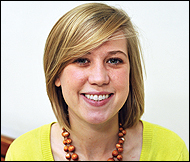
Support authors and subscribe to content
This is premium stuff. Subscribe to read the entire article.
Login if you have purchased

This is premium stuff. Subscribe to read the entire article.
ReWalk Robotics appointed Mike Swinford to its board of directors, effective April 18. Swinford has been CEO of Numotion, a...
Read more
© 2024 The O&P EDGE